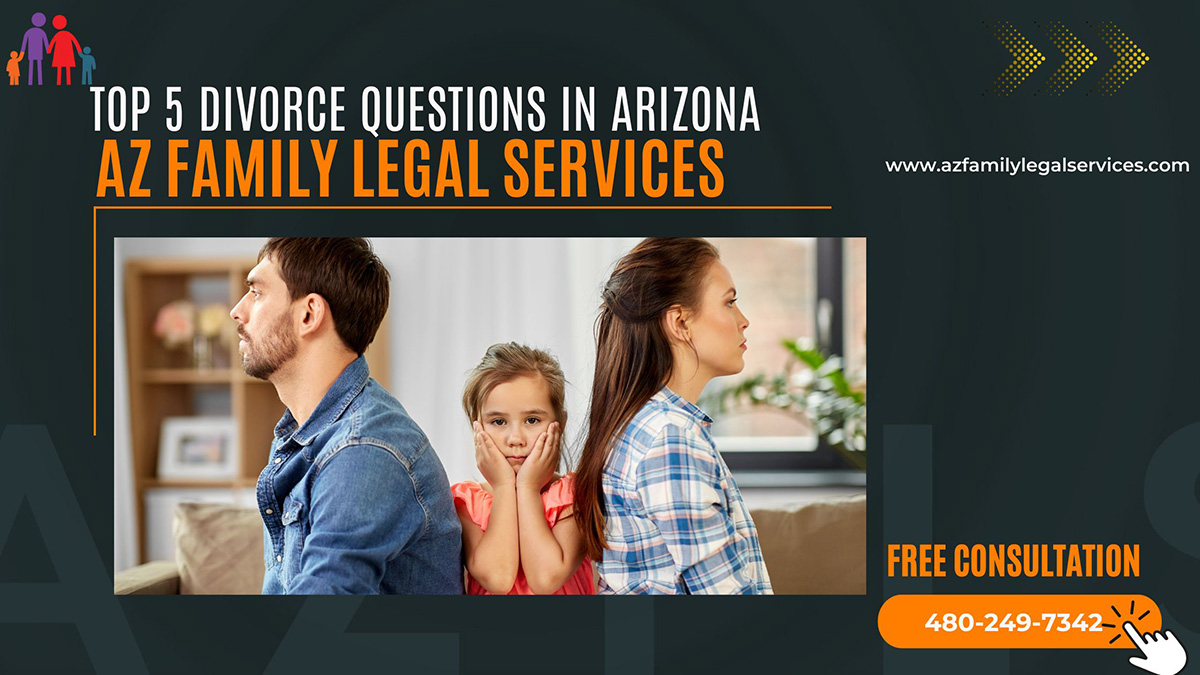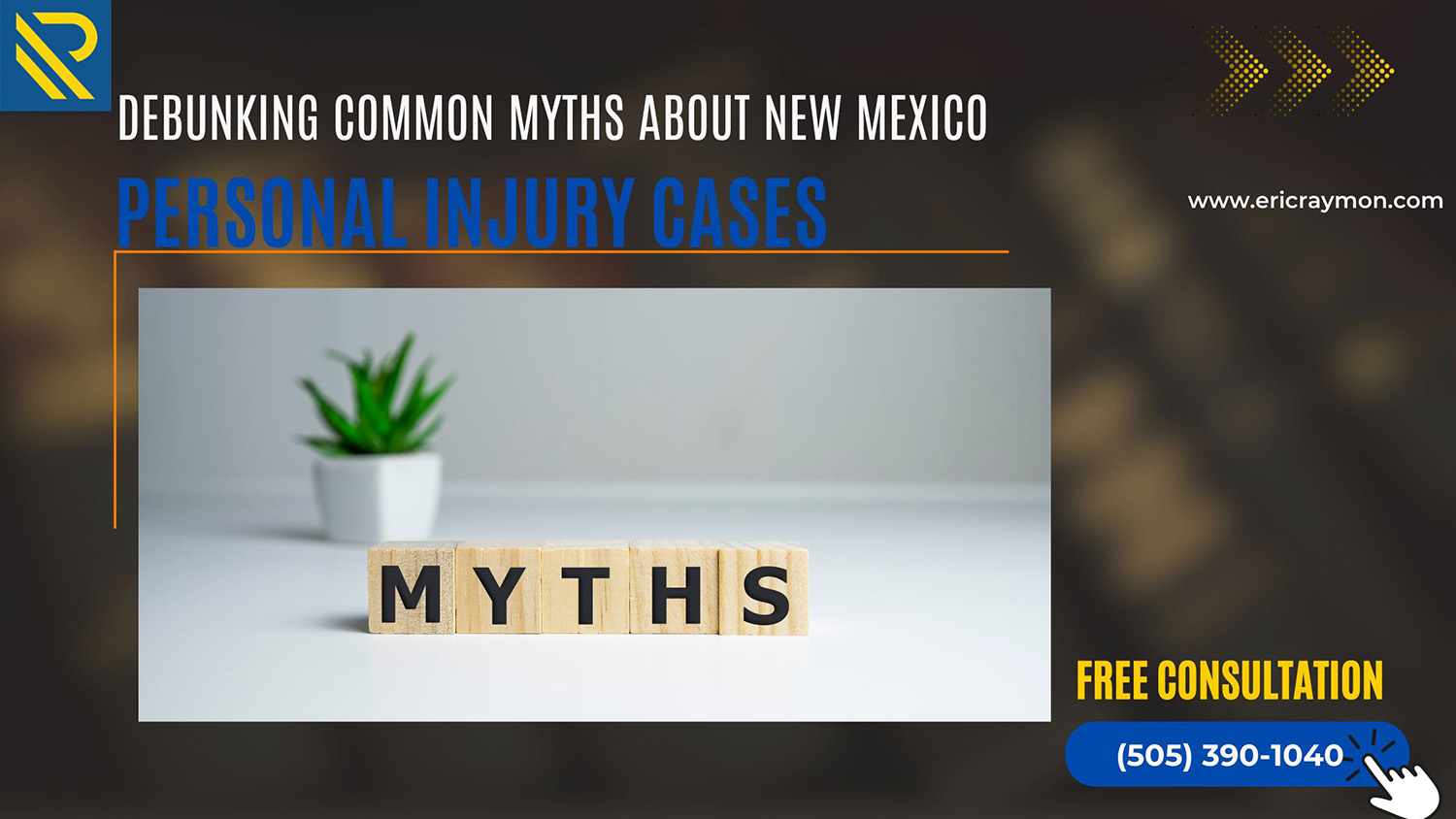Top 5 Divorce Questions in Arizona: AZ Family Legal Services

Divorce can be a complex and emotionally charged process, especially when you’re navigating it for the first time. If you’re considering or going through a divorce in Arizona, you’re likely to have many questions.
At AZ Family Legal Services, we understand the importance of addressing these concerns, and , we’ll provide answers to the top five divorce questions in Arizona, giving you a comprehensive guide to help you navigate this challenging journey.
1. How Do I Begin the Divorce Process in Arizona?
To initiate the divorce process in Arizona, you need to file a Petition for Dissolution of Marriage with the court. This legal document outlines the grounds for divorce and any issues to be resolved, such as child custody, spousal support, and property division. It’s essential to ensure the proper court jurisdiction and compliance with Arizona’s residency requirements.
2. What Are the Grounds for Divorce in Arizona?
Arizona follows a “no-fault” divorce system, meaning that you don’t need to prove fault or misconduct to obtain a divorce. The most common ground for divorce is that the marriage is “irretrievably broken.” This essentially means that the spouses have experienced a breakdown in the marital relationship, and there’s no chance of reconciliation.
3. How Is Child Custody Determined in Arizona Divorce Cases?
Child custody arrangements in Arizona are made with the best interests of the child in mind. Parents are encouraged to develop a parenting plan that outlines legal decision-making authority and parenting time. If parents can’t agree, the court will intervene and make decisions based on factors such as the child’s wishes, each parent’s ability to provide a stable environment, and the child’s relationship with each parent.
4. What About Spousal Support (Alimony) in Arizona?
Spousal support, also known as alimony, may be awarded in Arizona based on factors like the duration of the marriage, the financial disparity between spouses, and the recipient’s ability to be self-supporting. The court will evaluate these factors to determine whether alimony is necessary and, if so, the amount and duration.
5. How Is Property Divided in an Arizona Divorce?
Arizona follows the principle of “community property” when dividing assets and debts in a divorce. In general, community property is divided equally between the spouses. However, the court considers factors like each spouse’s earning capacity, contributions to the marriage, and the length of the marriage when making property division decisions.
Conclusion
Divorce can be a challenging and complex process, but understanding the answers to these top five divorce questions in Arizona can help you navigate it with more confidence.
At AZ Family Legal Services, we are committed to providing guidance and support to individuals facing divorce. If you have additional questions or need legal assistance, please don’t hesitate to reach out to us at 480-249-7342. Our experienced team is here to help you make informed decisions and achieve the best possible outcome in your divorce case.

